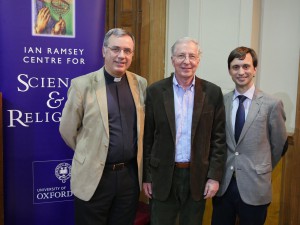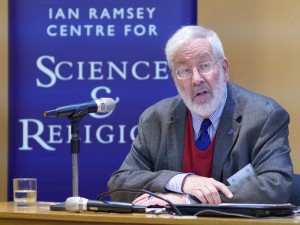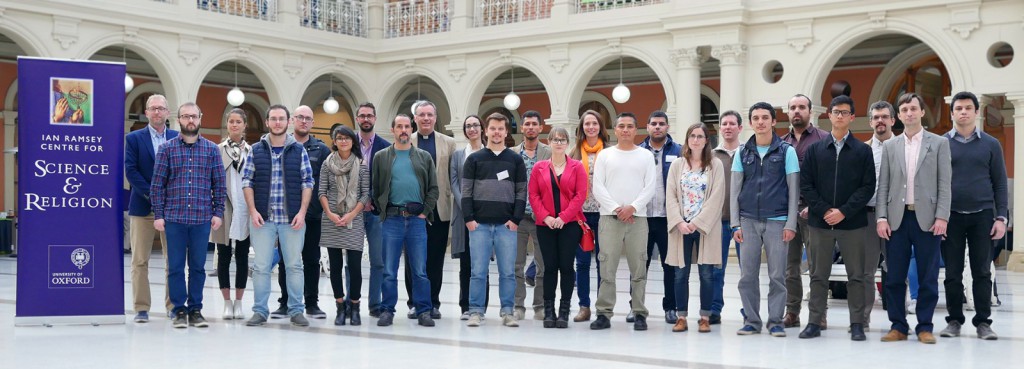Del 20 al 22 de septiembre, 2017, tuvo lugar el workshop «The Place of the Person in the Cosmos», parte del proyecto “Science, Philosophy, and Theology. Latin American Perspectives”, del Ian Ramsey Centre for Science and Religion (University of Oxford),en la Pontificia Universidad Católica de Chile. Fue el tercer y último workshop de este proyecto, y reunió a más de veinte jóvenes académicos de distintas universidades de América Latina.
Ivana Anton Mlinar, investigadora asociada del proyecto «Cerebro y Persona», y Ayelen Sanchez, asistente de investigación, participaron de esta actividad. A continuación, los abstracts en inglés de sus presentaciones:
Ivana Anton Mlinar – Neuroscientific Models of Subjectivity in Check: The Case of Terminal Lucidity
The notion of self becomes indeed essential to understand consciousness in its subjectivity and self-identity. Considering the embodied and embedded condition of the self, neuropsychiatric pathologies seem to alter subjectivity and reflect its fragility. However, a minimal self seems to endure, what means that the core of subjectivity remains despite both neurological and psychiatric disorders. Another challenge for an embodied and interdisciplinary perspective of the self lies in the case of terminal lucidity. The unexpected return of mental clarity and memory shortly before death in patients suffering from severe psychiatric and neurologic disorders is a frequently reported but rare or almost not studied phenomenon. Terminal lucidity has been reported in the medical literature over the past 250 years in patients suffering from brain abscesses, tumors, strokes, meningitis, dementia or Alzheimer’s disease, schizophrenia, and affective disorders. The recovering of lost memory, cognitive functions and self-identity with a deteriorated brain raises some challenges like:
- The neuroscience of terminal states may be more complex than traditionally thought.
- Seemingly irreversible lost cognitive functions can be somehow regained. More neurologic studies are needed in terminal states.
- How memory and cognitive contents are retained when self-identity and cognitive abilities were lost to be later brought back when the abilities are recovered.
- Subjectivity may have different “mechanisms” to endure and to manifest than the usually assigned by neuroscientific models of normal brains.
 María Ayelén Sánchez – Are we essentially different? A normativist approach to think the difference between humans and others beings
María Ayelén Sánchez – Are we essentially different? A normativist approach to think the difference between humans and others beings
What differentiates human beings from others beings of the world? This question has crossed the whole history of Philosophy from its very beginning. Several answers have been proposed, but we could identified widely two different approaches to this topic. The first one consist of the claim that human beings are nor essentially different from other beings. From this point of view the differences that we can observe between us and others creatures are just a matter of complexity degrees. In this work, I will call this view the “degree-differences-thesis” (DDT). The second approach that can be found in the literature posit that there is something making humans essentially different from the rest of the creatures. Of course discussions arise about what makes us so especial beings, is it our “soul”? Is it our “mind”? Or is It our language? Despite these disagrees, I am going to group the theses that maintain that there is a radical difference between humans and other beings under the denomination of “essentialdifferences-thesis” (EDT). My aim in this paper is to defend the idea that the distinction between humans persons and others creatures is not just a matter of degree. I will argue for normativism as a very appropriate framework in contemporary philosophy to set out the question about the distinctive feature of human beings and to look for satisfying answers.


